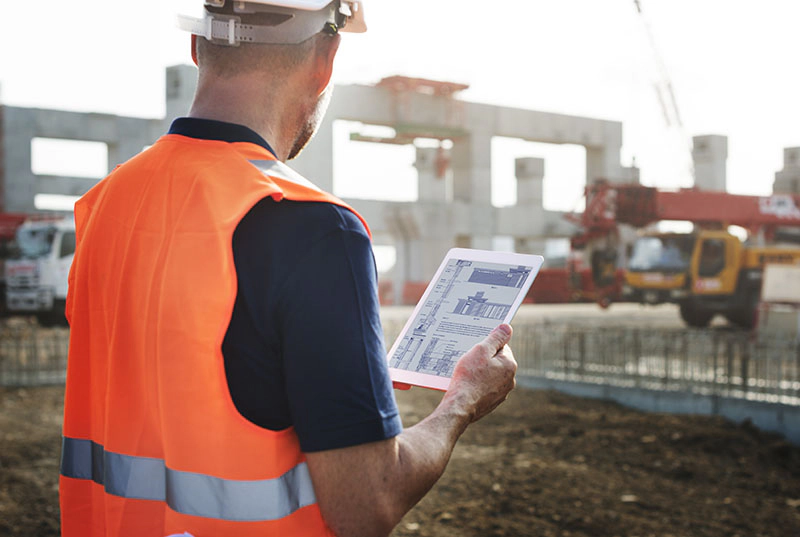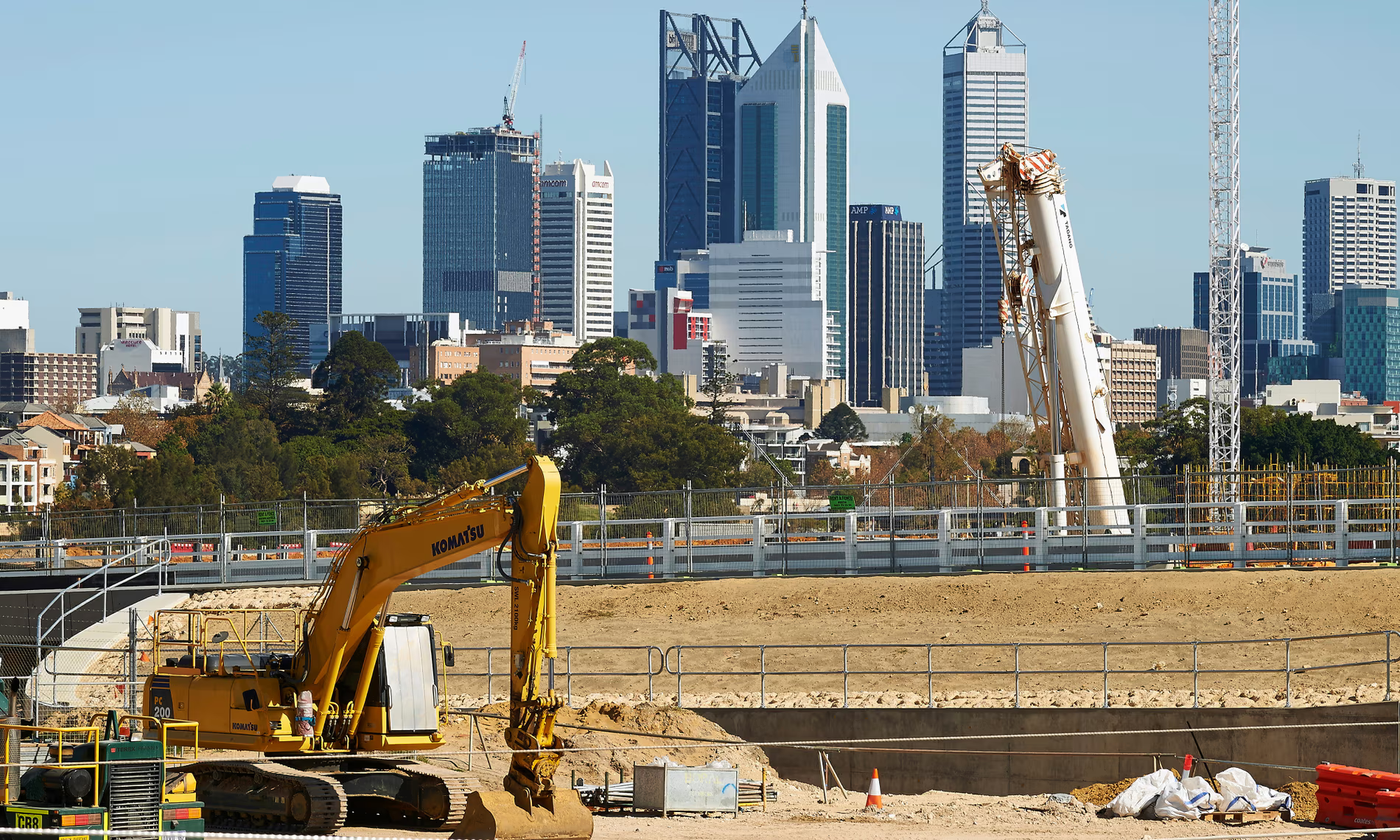Variations to contracts often arise in the construction world, but the nuances surrounding such variations are seldom fully understood. Find out what you need to know.
WHAT IS A VARIATION?
Firstly, the question should always be – what does or does not constitute a variation? Even when it is clear that changes to a contract constitute a variation, they are often harder to apply – hence the frequency with which variations are disputed. The other critical fact in a case is what exactly the contract says as to variations and when they can be claimed.
Basically, a variation is either a change in what is agreed to be done or a variation to the terms of the contract in some way (except for minor things such as names of the parties). These two senses of the word “variation” often go hand in hand. A variation is a ‘not a variation’ if the change made was or is in fact included within the original scope of the works themselves. This is the area which often generates the most disputes.
A fundamental principle here is that one party to a construction contract cannot force on the other party a change to their mutually agreed contract. This is called a “unilateral variation.”
A builder, for example, cannot provide an extra item in the works, or cannot supply an item at a higher cost to the owner and then simply charge the extra cost to the owner without the owner’s prior agreement. An exception to that could be where the extra item is indispensably necessary to the works which are in fact agreed. By way of example, say the builder fits smoke detectors to a residence but the charges relating to this are not specifically included in or referred to in the agreed contract. In such a case, as such ‘safety devices’ are a legal and safety requirement, a valid variation could be held to have occurred by their later inclusion.
Lastly, most of the standard form building contracts in the industry broadly define the scope of ‘agreed’ or valid variations. Nevertheless, disputes can still occur. The uppermost aim is surely to avoid disputes wherever possible.

WHO CAN REQUEST A VARIATION?
Either party can request a variation, but the request must be in writing and the notice has to contain certain bits of information such as the description of the change, its cost, its reason, its general effect and the variation’s effect on any periods applicable, such as the length of any delay resulting from it. Generally, a variation does not trigger an automatic right to payment for it; the above requirements must at the least be complied with. The extra cost is typically added to the next progress payment amount.
If the builder is at fault, for example when extra rock is discovered whilst preparing the site and or commencing the build, and the builder knew about or should have discovered the situation before commencement, then the law would not permit the extra cost incurred as a consequence to be validly claimed as a variation.
In conclusion, any variation claimed by the other party should be disputed in writing as soon as the other party is aware of the claimed and disputed variation. The earlier parties can agree on a variation, including its scope and effect, comply with any procedural requirements, and raise any disputed issues or potentially disputed issues, the better it is for all.
SECURITY OF PAYMENTS ACT
Where the Building and Construction Industry Security of Payment Act applies, a detailed set of requirements apply, and it is best to consult the act yourself directly, or receive advice. As always, there are traps for the unwary in this ever-increasing fertile ground for disputes, so if in doubt seek out professional advice.
READ MORE ABOUT VARIATIONS AND PAYAPPS HERE.







